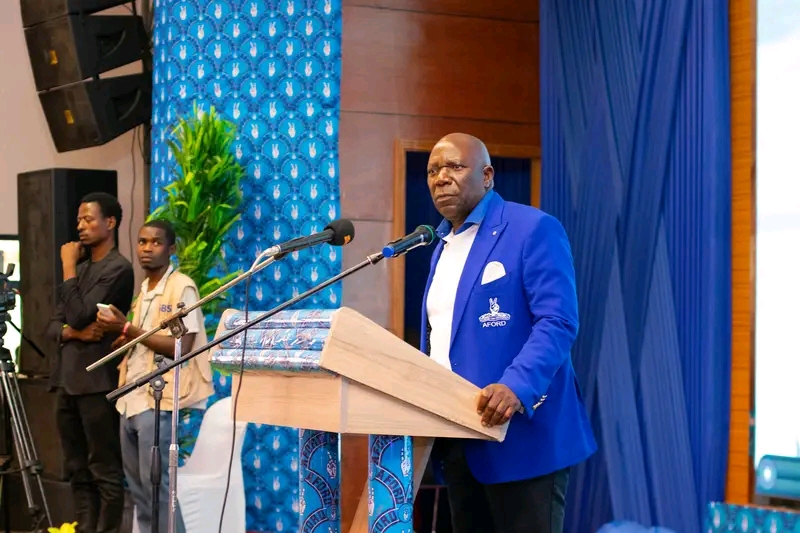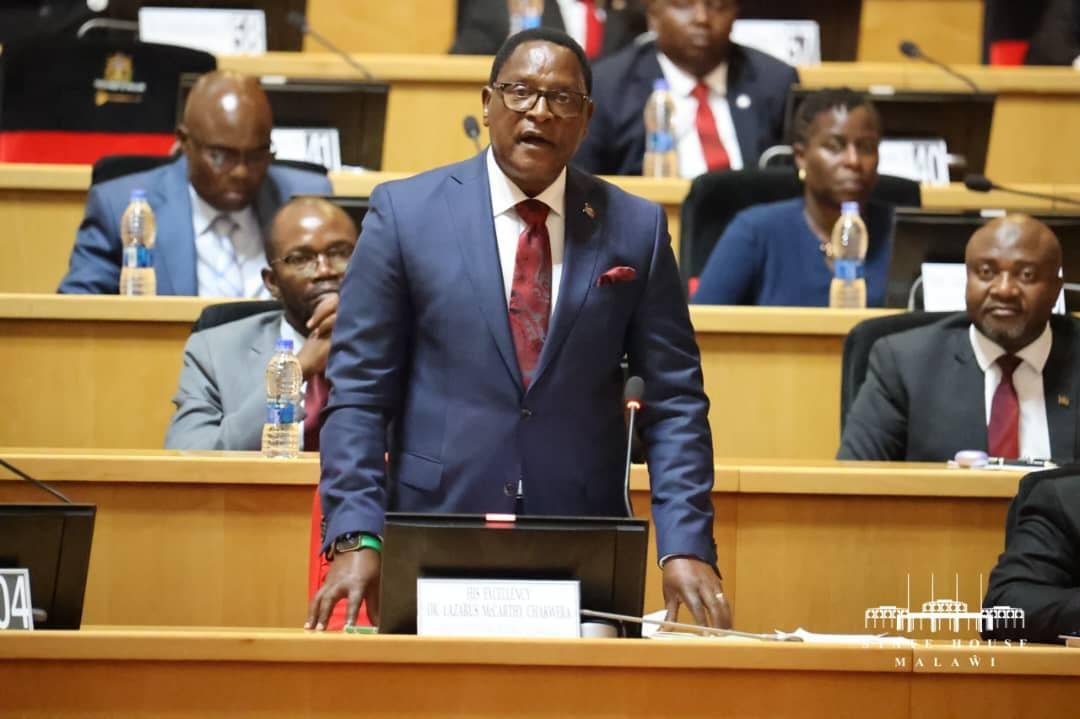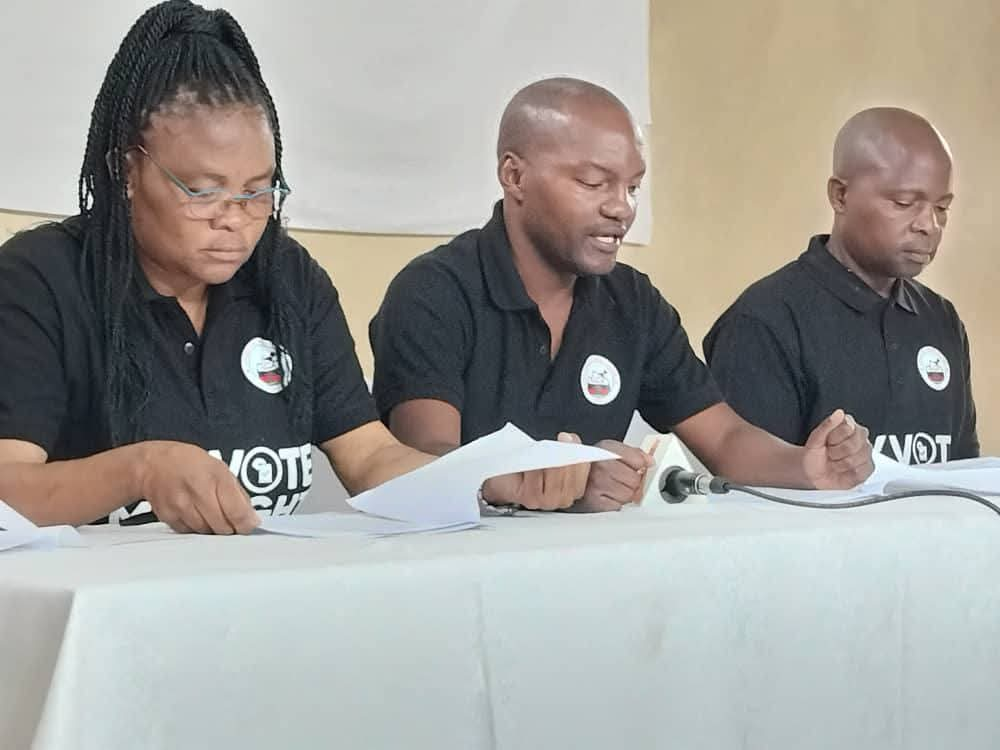Trials are collapsing amid warnings that historical convictions are unsafe because of “glaring” systemic failures at UK’s serious crime body.
Investigations Correspondent, UK
Britain’s elite crime-fighting agency has admitted it may have been searching properties and seizing evidence unlawfully for almost a decade because of glaring “systemic” failings in the way it applies for legal permission to conduct its operations.
Every single one of the National Crime Agency’s (NCA’s) live investigations and prosecutions are in jeopardy after it launched a sweeping internal inquiry into all its warrants and production orders over fears they may have been obtained unlawfully.
BuzzFeed News can reveal that the NCA has admitted to judges it used evidence that may have been gathered unlawfully in four major cases – three of which have collapsed at a cost of millions of pounds to the taxpayer. One of those judges has confirmed that the agency’s use of potentially unlawful warrants – obtained without disclosing all the relevant information to the courts – is “systemic” and will inevitably rebound on other major cases.
The NCA and the Crown Prosecution Service (CPS) are now investigating every type of authorisation that “Britain’s FBI” has received to raid homes, seize property, and collect telephone and banking records.
The agency said the systemic failings were a “training issue” that it “inherited” from its predecessor, the Serious Organised Crime Agency (SOCA), which was founded in 2006 – raising fears the unlawful raids may date back almost 10 years. Lawyers have warned that past convictions may be unsafe and some of Britain’s most dangerous criminals – including murderers, child abusers, organised-crime kingpins, and major drug dealers – may have to be set free.
An investigation by BuzzFeed News has uncovered the full scale of the crisis engulfing the NCA, which was set up amid fanfare by home secretary Theresa May in 2013. It reveals that:
- CPS barristers admitted in court that the NCA raided the premises of suspects and seized evidence including phones and computers without proper warrants in three major money-laundering cases that collapsed because of the agency’s failings.
- The agency has been ordered to pay £10,000 by the Investigatory Powers Tribunal (IPT) for failing to comply with a court order in relation to one of the money-laundering cases that collapsed after agents raided the suspects’ property without proper warrants and installed surveillance devices to spy on them.
- The conviction of one of Britain’s most prolific drug traffickers may be at risk after the NCA confessed to an Old Bailey judge that the warrants used to raid his Chelsea safe house and seize £2.5 million of cocaine were potentially unlawful.
- The CPS and the NCA have launched a major investigation into the impact of the failings on live cases, but refused to say how many prosecutions could be affected and said historical convictions would be left unchecked.
Judge Wendy Joseph QC, the Old Bailey justice who presided over three of the trials blighted by the NCA’s use of unlawful warrants.
warned in a letter to BuzzFeed News that “there must, by virtue of the systemic nature of the problem, be other cases” that could be undermined by the same failings. Mr Justice Hickinbottom, who presided over another of the NCA’s botched cases, decried the agency’s “egregious disregard for constitutional safeguards”.
The NCA has admitted in court that agents tasked with applying for its warrants and production orders were not properly trained and routinely submitted the paperwork without seeking any legal advice. In some cases, agents were found to have failed to disclose relevant information to courts about the nature of their operations when asking for permission to search properties, seize evidence, and install bugs – rendering the authorisation they received unlawful.
Kier Monteith, a barrister for the defence in two of the collapsed money-laundering trials, said the internal inquiries “create the perfect storm” for the NCA. “The ramifications for defendants past, present and future are immense,” he said, adding that the convictions in danger of being quashed could reach “double figures”.

The revelations that the NCA has engaged in unlawful search and surveillance will heap further pressure on May as she battles fierce opposition to her draft investigatory powers bill – dubbed a snoopers’ charter by critics – which would allow the “bulk interception” of web data by the authorities.
The home secretary promised the NCA would take a “wholly new approach to the fight against organised crime” – albeit on a dramatically reduced budget – when it was established to replace the scandal-hit SOCA two years ago. But she has already been buffeted by a series of major embarrassments over the new agency’s failings. Her national crimefighters were forced to apologise after it emerged they had taken more than a year to pass information from the Canadian authorities about prolific British paedophiles to local police forces. Then a humiliating official inspection report found that “very few officers could routinely access the internet from their desktop computers” because the equipment they had inherited from SOCA was so “poor”. And the agency’s leadership is in disarray after Keith Bristow, the director, became the seventh senior figure to resign in a matter of months this summer.
Lynne Owens, the chief constable of Surrey police, was named on Thursday as the new director of the agency, making her the most senior woman in British law enforcement. She arrives as the NCA is facing its most devastating scandal yet after admitting to BuzzFeed News that its own failings have put its investigations at risk.
A spokeswoman for the NCA told BuzzFeed News that the discovery that many of its warrants were unlawful was “a disappointment to us and prompted a comprehensive review across the agency of inherited processes and standards around warrant applications”. She said the review of “all warrants, production orders, account monitoring orders, and authorisations for searches … in all live cases” was “a substantial task and will go on for some time”. But, she said, “We consider that it is the right thing to do.”
Keith Vaz MP, chair of the influential home affairs select committee, said the revelations by BuzzFeed News were “astonishing” and declared that he intended to grill Bristow over the failings when the outgoing director appears before MPs in 10 days.
“The prospect of hundreds of hours of time having been wasted by experienced NCA officers, and criminals avoiding prosecution because of a failure to follow legal processes is deeply concerning,” Vaz said.
Today, BuzzFeed News can reveal the astonishing story of how the agency set up to take on the country’s toughest criminals found itself floundering because of its own failings.
On a crisp winter morning in January, 30 unmarked cars sped up to an unassuming office in a leafy suburb of west London, spilling 100 black-clad crimefighters onto the forecourt. The officers, from Britain’s top law enforcement agency, were there to swoop on a trio of millionaire brothers – Satish, Jawahar, and Rashmi Chatwani – as part of a major money-laundering investigation.
The new agency had been tasked by the home secretary with the relentless pursuit of Britain’s most serious criminals, and now bosses had devised an audacious plan. They intended to storm in and arrest the three family businessmen, wrongly believed to be kingpins in a organised-crime group laundering vast amounts of dirty money. But the true reason for the raid was not simply to gather evidence, as the magistrates who signed the search, seizure, and arrest warrants had been told. The real plan was to wait until the brothers were safely in detention and the coast was clear, and then install listening devices in their offices. The secret hope was that the “deliberately boisterous” arrests would cause enough alarm to “provoke” the three men into discussing the crimes they had been wrongly accused of when they were eventually released.
The raid went ahead as planned: The Chatwani brothers were led away in handcuffs and the officers seized 500 bags of evidence. But the NCA did not bank on the fact that almost as soon as they were released, the millionaire businessmen would hire a private detective to sweep their offices for bugs.
The agents eavesdropping on their offices panicked when they heard that their listening devices were about to be discovered and scrambled their way back into the office to retrieve them after making another arrest. But by now the whole plan was unravelling




